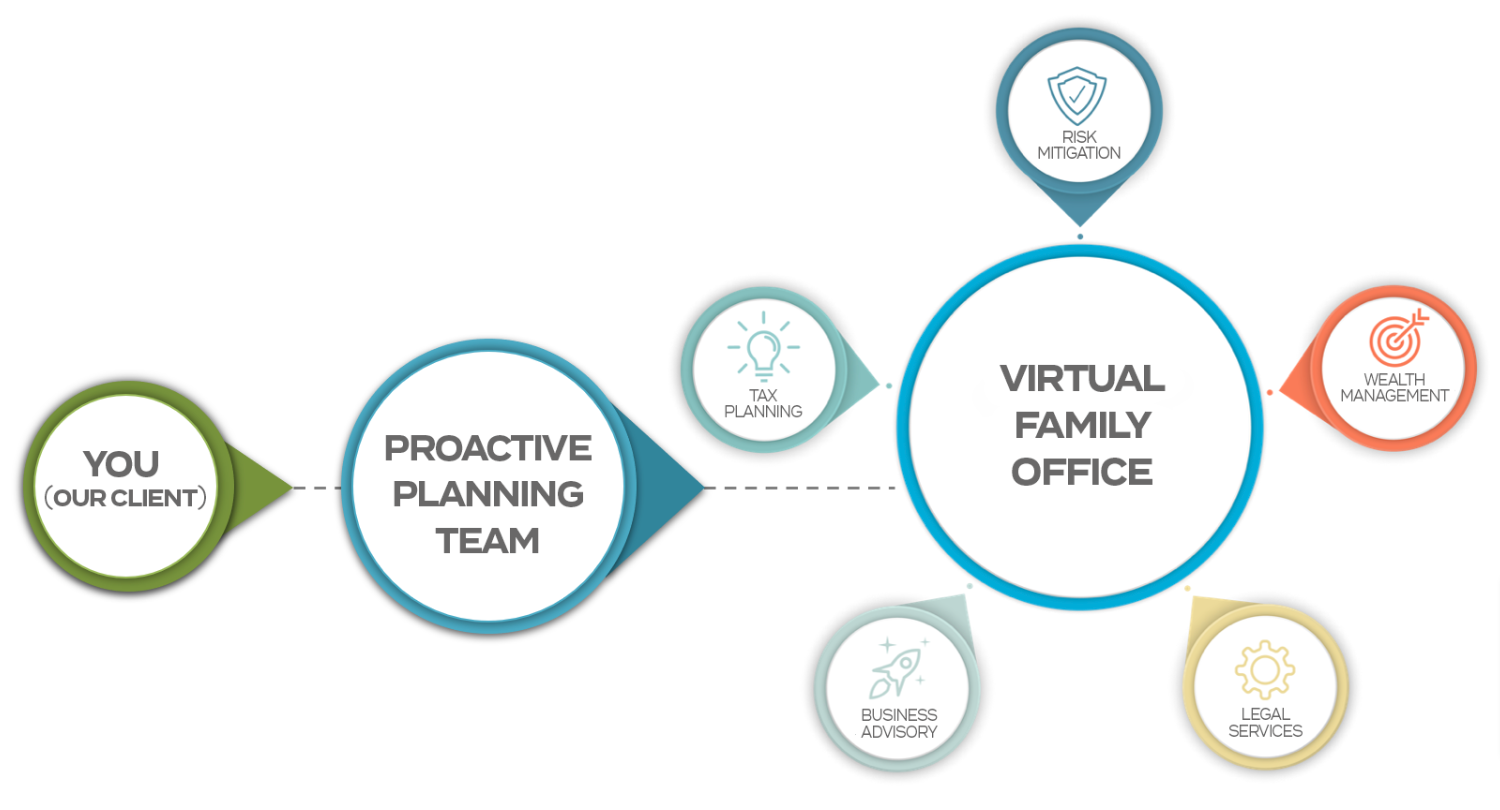Dale Hammernik’s Secret Strategy to Planning Your Next Ad Campaign
Well, we’re now almost halfway through June (and a reminder — second quarter estimated taxes are due on June 15th. This is the quarter that always sneaks up on everyone, as it’s only two months after April 15th — so don’t get behind).
This is a good point to assess your progress in 2015 — I’d be interested to hear from you about how you are progressing in your sales and other business goals that you set at the beginning of the year. My contacts and clients are extremely important to me, and I’m interested in hearing of your progress. So do drop me a note (you can email me by clicking the button at the top of this page), just to check in.
As to the subject of today’s post, it’s something about which I’ve noticed some confusion among my clientele, and of course in the broader small business community.
There are certain activities which can and should be considered “marketing” that don’t necessarily have to bring in a specific ROI. I’m talking about your branding, your signage, your space (if you have one), and other activities intended to create good will.
But you should also make sure you include more direct forms of advertising in your marketing mix, about which I speak today.
And look, again, I’m just passing on to you information I’ve discovered to be true. I don’t pretend to be a “guru”, but nor do I want to be a victim of advertising reps and marketing agencies — and I believe in the power of sharing strategies that work with my clients. In my opinion, we’re moving away from the era of being “closed” with one another in business, towards an era of greater sharing, and openness.
So let me know what you think — along with how you are doing towards your goals.
Dale Hammernik’s Secret Strategy to Planning Your Next Ad Campaign
“You must either modify your dreams or magnify your skills.” – Jim Rohn
Have you heard that old line from an advertising rep: “People need to see your ad 8-11 times before they remember it” ?
Fine, but here’s the TRUTH: If your ad campaign does not work very well the first time, it probably won’t work eleven times.
This myth is leveraged to sell all sorts of advertising space and campaigns that are a waste of money. And because the people who tell you this ALSO tell you that you can’t measure advertising, you have no way of knowing whether they’re right or wrong.
So … you pull out your checkbook, spend a bunch of hard-earned revenue, and you have no idea what you got back. That’s not a great feeling, right?
Here’s how you combat it : First, figure out how much response you need to make it pay off. Play with the elements of your ad, running it in an inexpensive place, until it gets the response you need — THEN run it 8-11 times.
Second, figure out how to measure the response. (I consistently urge business owners toward this.) When you measure the effectiveness of advertising — and systematically improve it — you’ll discover that some ads produce 20 times as much results as others. When you discover formulas that truly work, you won’t just run them 11 times, you might run them for years. And you’ll make profits all along the way.
And when you actually test marketing messages for performance and experiment with them, you’ll find that tiny changes in wording can have large effects on response.
It’s absolutely scary to think about what can happen if you’re not testing things. And it’s absolutely incredible what happens when you are.
AdWords and Facebook ads enable you to bid on any words or phrases you want (or towards a specifically targeted demographic, in the case of Facebook), and to have your ads ONLY show up when people search. And you only pay when people click and visit your website.
It’s probably the fastest way to generate sales and sales leads. But it’s also an awesome way to test advertising messages in an inexpensive manner.
And the even-better news is: 95% of companies don’t test their advertising. Your competitors almost certainly don’t. If you do, you have a clear advantage over them.
Don’t be a victim. Test your ad campaign.
Feel very free to share this article with a Waukesha County business associate or client you know who could benefit from our assistance — or simply send them our way? While these particular articles usually relate to business strategy, as you know, we specialize in tax preparation and planning for Waukesha County families and business owners. And we always make room for referrals from trusted sources like you.
Warmly (and until next week),
Dale Hammernik
(414) 545-1890
Hammernik & Associates
The post Dale Hammernik’s Secret Strategy to Planning Your Next Ad Campaign appeared first on Talking Tax to Milwaukee.
See More Blog Posts







